Prices for Herniated Disc Surgery Without Insurance

A herniated disc can cause a lot of pain. It can make it hard to move and enjoy life. Sometimes, surgery is needed to fix the problem. This blog will talk about the costs of this surgery, both in the United States and in other countries. We want to make this information easy to understand.
What is a Herniated Disc?
Our backs have little cushions called discs between the bones. These discs help our backs bend and move. Sometimes, these discs can get hurt. They can bulge out, kind of like a jelly donut being squeezed. This bulge can press on nerves and cause pain. This is called a herniated disc.
Why Does a Herniated Disc Happen?
Several things can cause a herniated disc. Sometimes, it just happens as we get older. Our discs can dry out and become weaker. Lifting heavy things the wrong way can also hurt a disc. Being overweight can put extra pressure on our backs. Sometimes, it just runs in families.
How Do You Know if You Have a Herniated Disc?
A herniated disc can cause different symptoms. Some people have a lot of pain in their back. The pain can also travel down their leg. This is called sciatica. Some people feel numbness or tingling in their leg or foot. Sometimes, people don't have any symptoms at all.
What Can You Do About a Herniated Disc?
Many people get better without surgery. Doctors might suggest rest, medicine for pain, and physical therapy. Physical therapy helps to strengthen the muscles around the back. Sometimes, these things don't work, and surgery is needed.
What is Herniated Disc Surgery?
The most common surgery for a herniated disc is called a discectomy. The surgeon makes a small cut in the back. They then remove the part of the disc that is pressing on the nerve. This can help relieve the pain.
How Much Does Herniated Disc Surgery Cost in the United States?
Herniated disc surgery in the United States can be very expensive. The cost can vary a lot, depending on where you live and the hospital you choose. It can also depend on your insurance. If you don't have insurance, the cost can be very high. It could be anywhere from $20,000 to $50,000 or even more.
Herniated Disc Surgery Costs in Other Countries
Many people travel to other countries for medical care. This is called medical tourism. The cost of herniated disc surgery in other countries can be much lower than in the United States. Here are some examples:
-
Mexico: The cost of herniated disc surgery in Mexico can be much lower than in the U.S., often ranging from $5,000 to $15,000.
-
Turkey: Turkey is becoming a popular place for medical tourism. The cost of herniated dics surgery in Turkey can be between $5,000 and $15,000.
-
India: India has some of the lowest medical costs in the world. Herniated disc surgery cost in India here could cost between $3,000 and $10,000.
Important Note: These are just estimates. The actual cost of surgery can vary. It's important to talk to doctors in both the U.S. and other countries to get accurate price quotes. You also need to think about the cost of travel and lodging.
Things to Consider When Choosing a Hospital in Another Country
If you are thinking about having surgery in another country, there are some important things to consider:
-
Doctor's qualifications: Make sure the doctor is well-trained and has a lot of experience.
-
Hospital's reputation: Choose a herniated disc surgery hospital abroad that is known for its good care.
-
Language: Make sure you can communicate with the doctor and other staff.
-
Travel: Think about the cost and time it will take to travel to another country.
-
Follow-up care: Make sure you can get the care you need after your surgery.
Cost Table (Estimated)
| Country | Price Range (USD) |
|---|---|
| United States | $20,000 - $50,000+ |
| Mexico | $5,000 - $15,000 |
| Turkey | $5,000 - $15,000 |
| India | $3,000 - $10,000 |
FAQs
Is it safe to have surgery in another country?
Yes, it can be safe. It's important to do your research and choose a reputable hospital and doctor.
Will my insurance cover surgery in another country?
Usually, insurance doesn't cover medical care in other countries. You will likely have to pay for the surgery yourself.
How can I find a good doctor in another country?
You can search online, read reviews, and talk to other people who have had medical care abroad. PlacidWay can also help connect you with trusted providers.
What about the language barrier?
Many hospitals that cater to medical tourists have staff who speak English. You can also hire a translator if needed.
What about aftercare?
It's important to discuss aftercare with your doctor before surgery. You may need to stay in the country for a few days or weeks after the procedure.
How can I pay for surgery in another country?
Most hospitals accept credit cards and bank transfers. Some may also offer financing options.
Ready to Get Started? Connect with PlacidWay Today!
Contact us today to learn more about how we can assist you in finding the right solution for your herniated disc needs. Don't let pain hold you back any longer – discover the possibilities with PlacidWay.


.png)
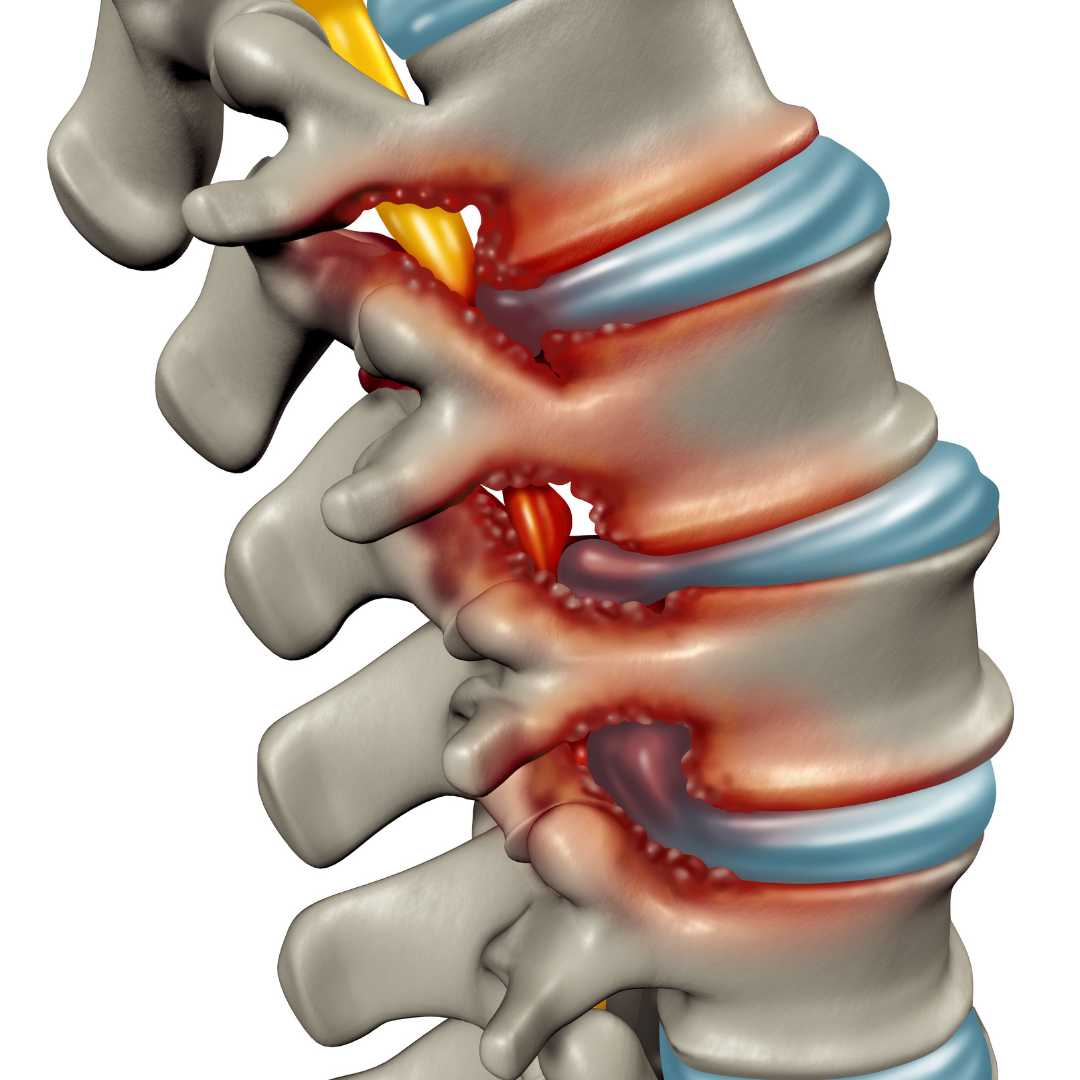
.png)

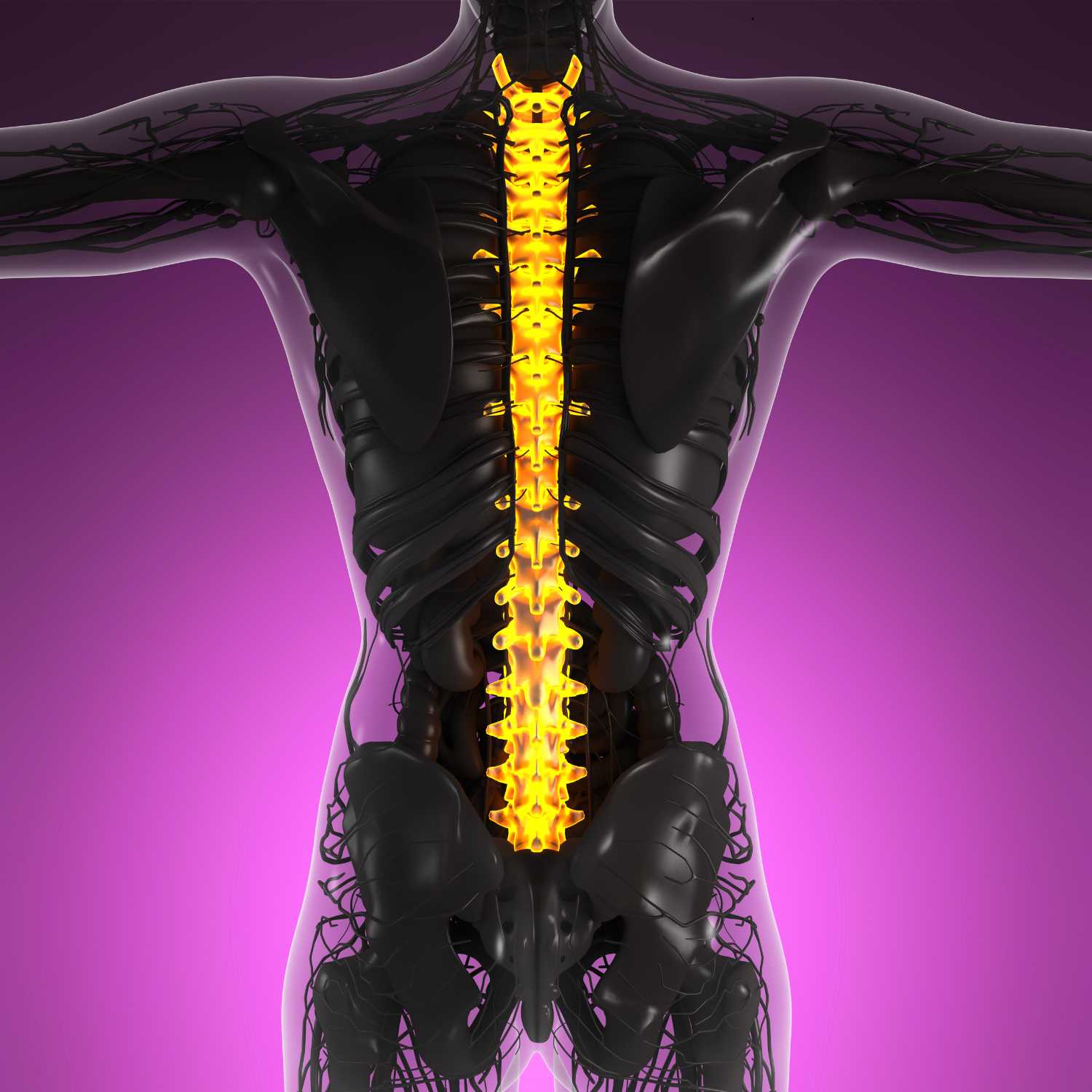


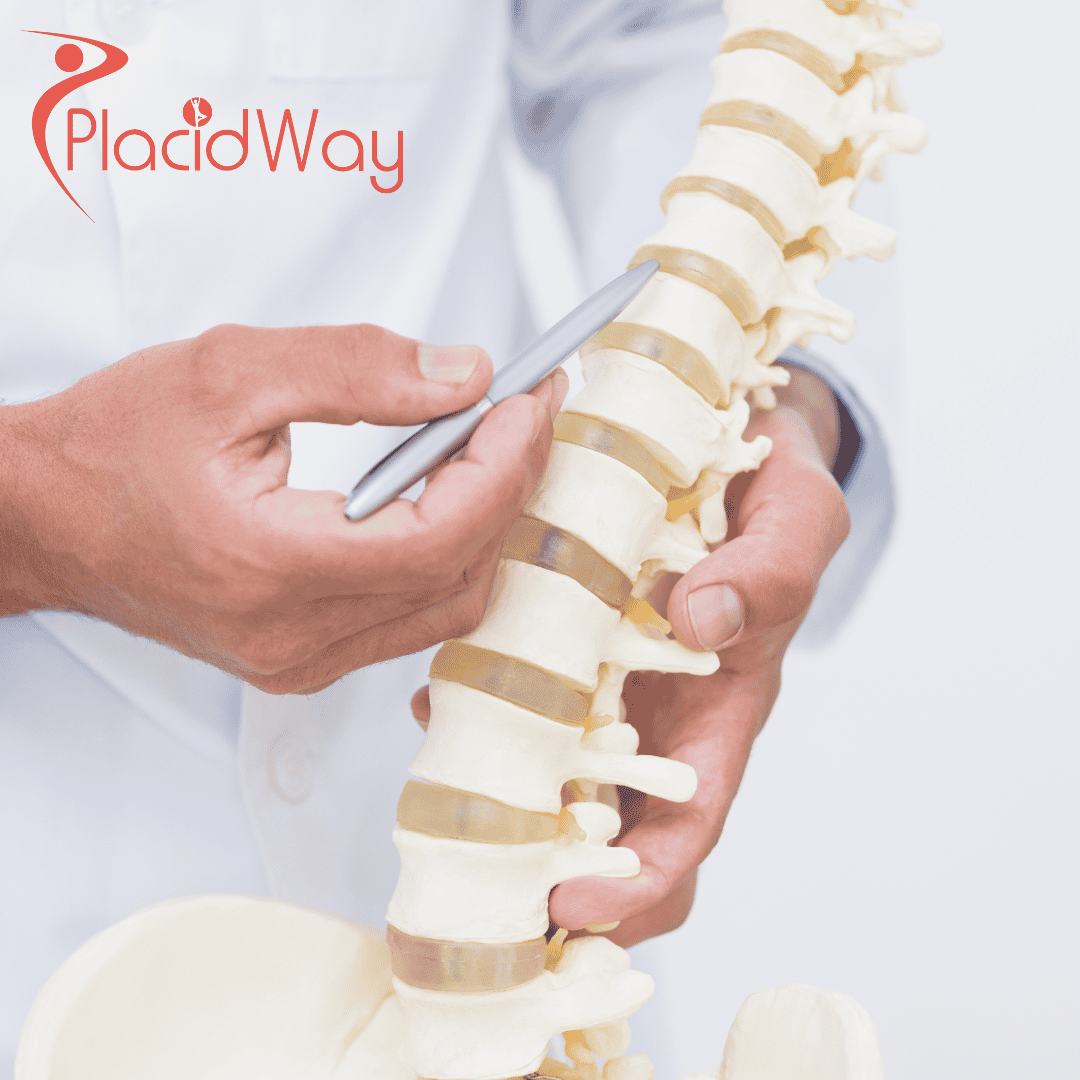

.png)
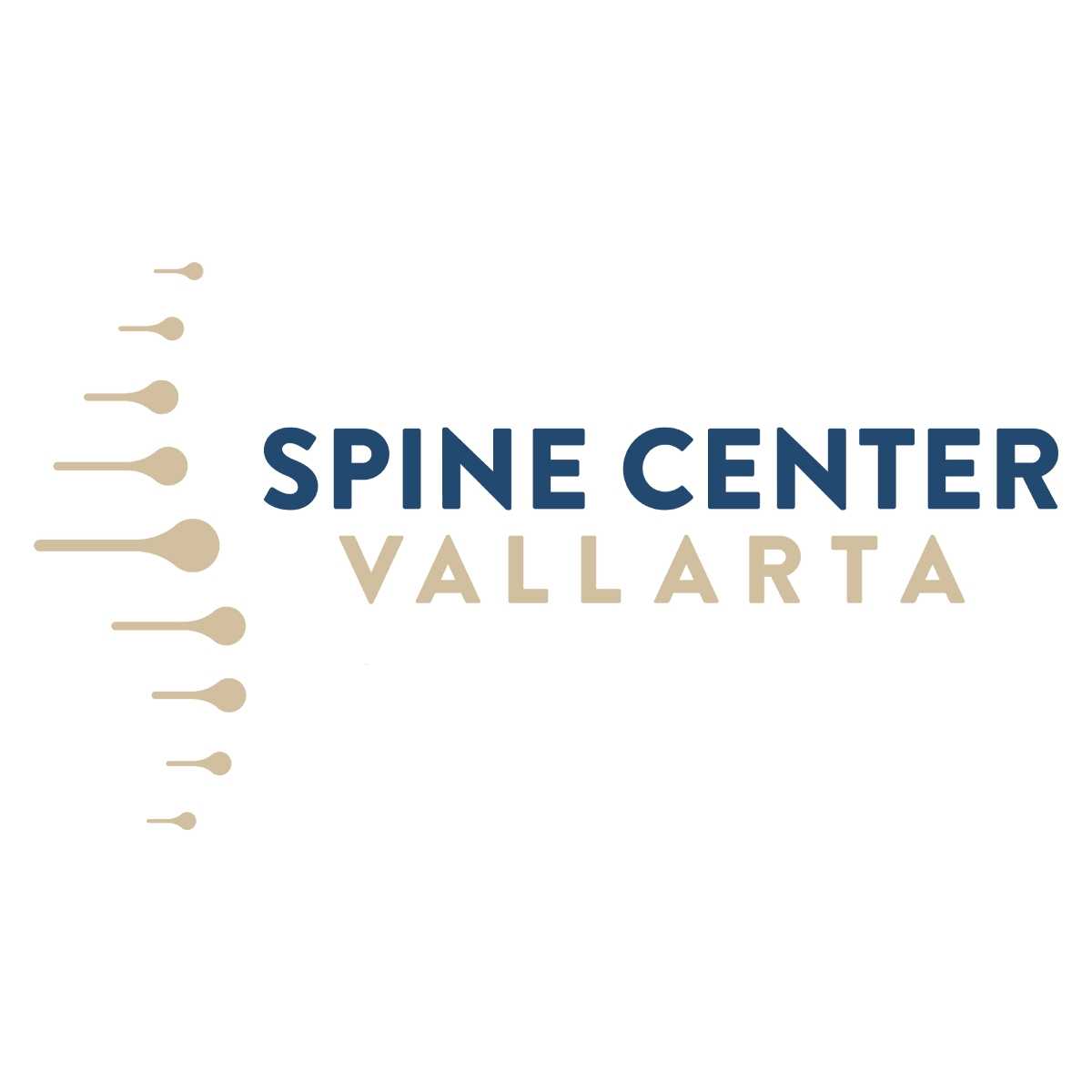


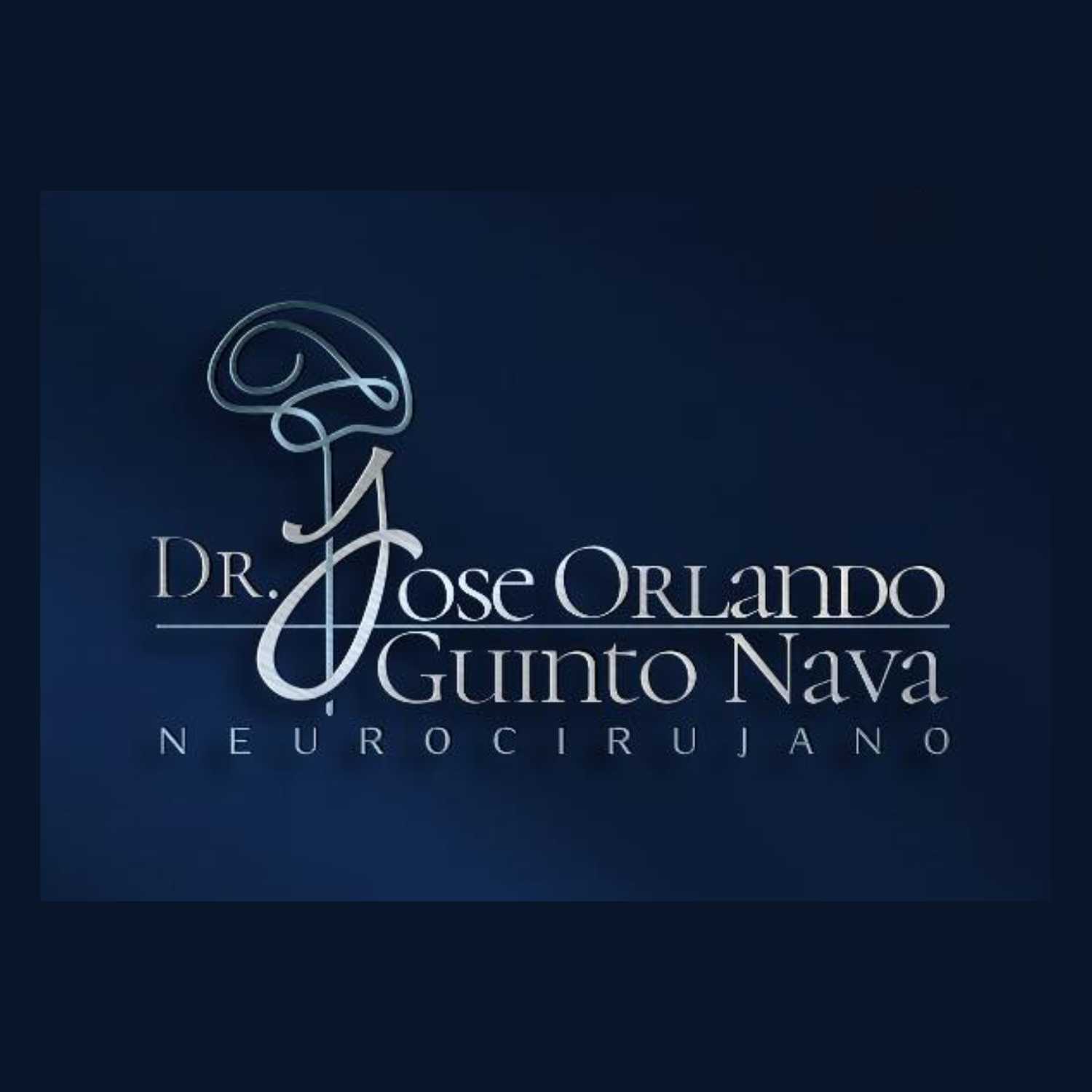

Share this listing